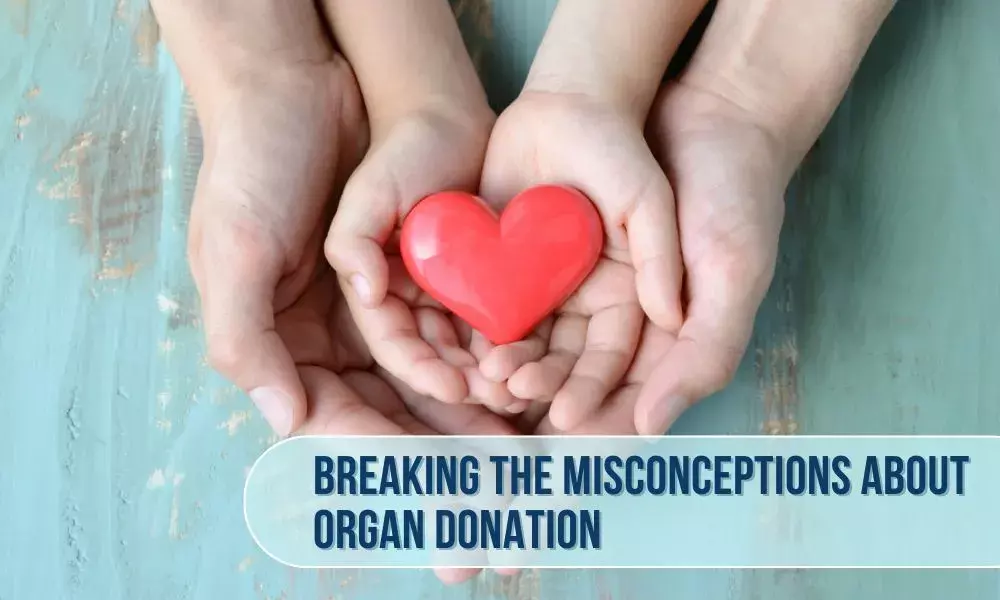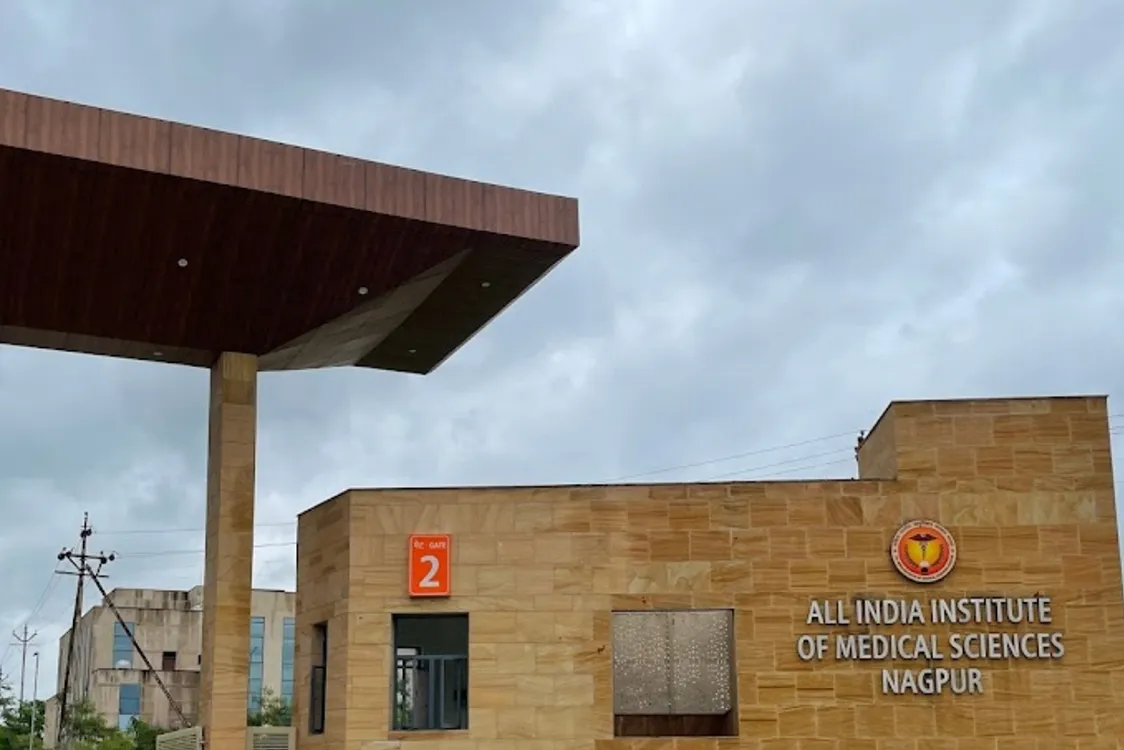World Organ Donation Day is observed on August 13 every year globally. This day is dedicated to raising awareness about the importance of organ donation and addressing the misconceptions linked with organ donation.
With increasing awareness and education, organ donation numbers in India have witnessed an increase during the last ten years. As per the health ministry, over 15000 organ donations are being made annually in India compared to 5000 organ donations done annually in 2013*.
Importance of Organ Donation Day
Organ donation plays a vital role in saving the lives of many. Organ donation gives new life to people suffering from organ failure. Medical advancements over the years regarding organ donation have successfully unveiled the myths associated with organ donation.
It is a day to convey the importance of organ donation and encourage people to join this great cause of helping humanity. The purpose of this day is to help people understand that volunteering for organ donation can change the lives of others.
Types of Organ Donation
There are two forms of organ donation: living donation and cadaver donation. In a living donation, the donor is alive, but in a cadaver, the donor donates after death.
Living donors are organ donors who can donate organs such as kidneys and parts of the liver. Humans can survive with one kidney as the functions performed by our kidneys can also be managed by a single kidney. Further, the liver is the only organ in our body that can regenerate. This makes it possible to transplant these organs while the donor is alive.
A healthy donor is most important. An organ donation can be made by anyone regardless of age, caste, or religion. However, it is imperative to ensure that aspiring organ donor is not suffering from chronic illnesses such as heart, lung disease, HIV, and cancer. Additionally the donor must not have any active infection or an intravenous drug user.
List of Organs that can be donated
Organs that can be donated in case of a living donor:
-
One kidney
-
One lung
-
A part of the liver
-
A part of the pancreas
-
A part of the intestine
Organs that can be donated when the donor is deceased
-
Liver
-
Lungs (2)
-
Kidneys (2)
-
Heart
-
Pancreas
-
Intestines
-
Hands and Face
Some Facts about Organ Donation
-
Organ donations can be made at any age, but donors under 18 must have parental or guardian consent to register.
-
If someone younger than 18 wants to donate an organ, they must have consent signed by their parents or guardians.
-
The maximum age limit of 65 years for donating organs has been removed recently by the government in order to encourage organ donation.
-
There is no specific age for organ donation, but the donor’s medical conditions should be sound.
-
In the case of natural death, tissues of heart valves, cornea, bone, and skin can be donated, whereas other vital organs like the heart, liver, kidneys, lungs, intestines, and pancreas can only be donated in the case of brain death.
-
The oldest known donor is from Scotland, who donated a cornea after a 107-year-old woman died in 2016. The oldest known organ donor was a 95-year-old man from West Virginia who donated his liver after he died from a liver transplant.
-
India has Human Organ and Tissue Transplantation Act to regulate organ donation in the country. The law allows both dead and living people to donate organs.
-
According to the World Health Organization, about 0.01% of people in India donate their organs after death*.
-
There are only 3% of registered organ donors in India.
-
According to 2019 AIIMS data, 1.5-2 lakh people require a kidney transplant yearly, but only about 4% can get it. Similarly, approximately 80,000 patients require liver transplantation yearly, but only 1,800 ultimately receive it*.
Organ donation provides a platform to help humanity. There cannot be a more extraordinary service than giving life to another person and serving humanity. Therefore, donate organs and save a life!
Data Source: https://shorturl.at/cBRSZ





